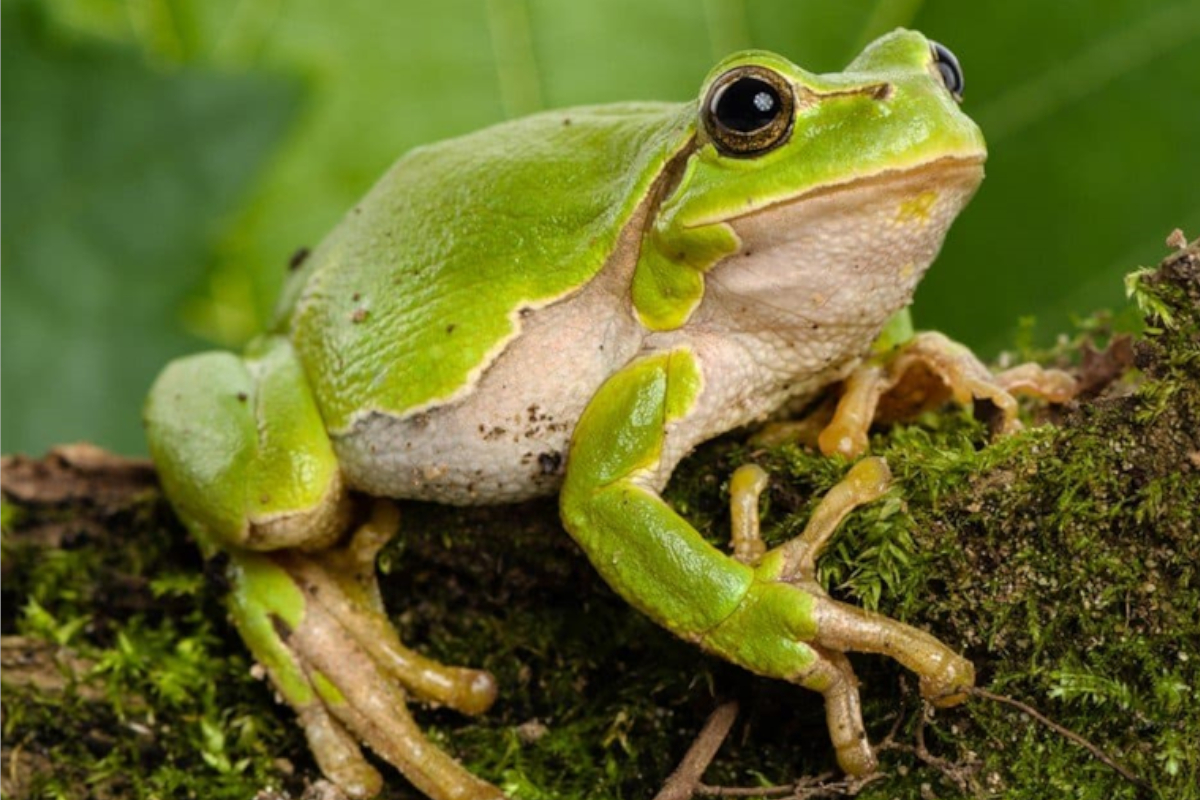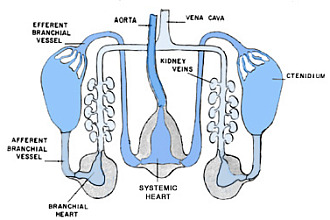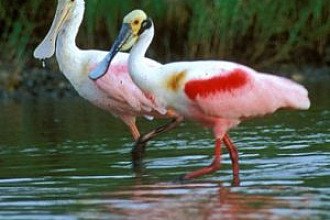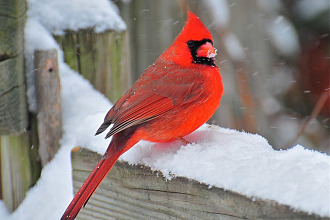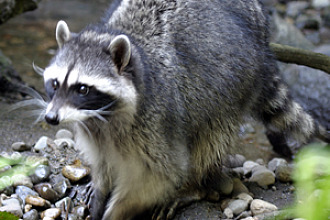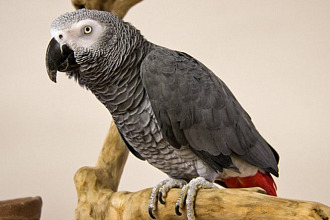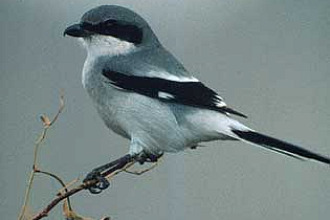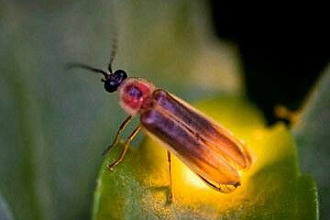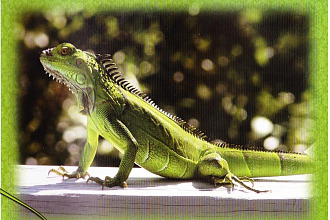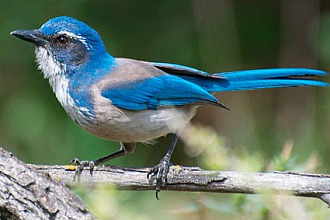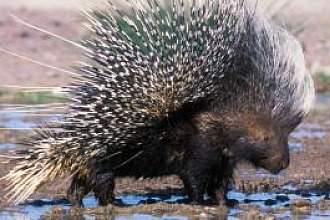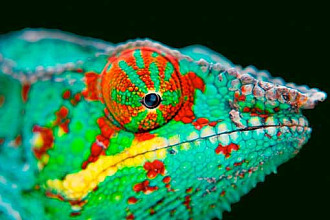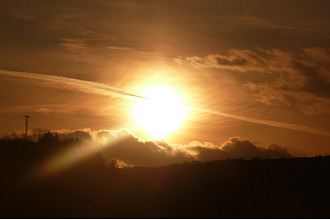"I love the Lord, because He has heard My voice" (Psalm 116:1).
Next time you go to a pond, see if you can find a frog. You might have to look very carefully, because it can be hard to find a frog. Do you know why? Frogs can hear you walking toward their pond. If they are singing, they will suddenly get very quiet. And when they hear you coming closer, they will usually jump into the pond and hide very quickly before you can see them.
But even if a frog does not jump into the pond, it may still be hard to find. Frogs usually sit on dirt, rocks, or leaves, which are usually green or brown. God made most frogs to be the same colors as the things they sit on. So most frogs are green or brown, and that helps them hide wherever they are.
When you touch your skin, it is usually warm. God made your body to stay warm all the time. But God did not make the frog that way. If you touch the skin of a frog, you will feel that it is cold. But the frog does not mind being cold. It spends a lot of time in cold water. If it wants to warm up a little bit, it can sit in the sunshine for a while.
Frogs eat little things like insects, worms, and snails.
Sometimes frogs make different sounds. They blow up their throat like a big balloon, and then they can make even louder sounds. They make those sounds because they want other frogs to come to the pond where they are. And sometimes their sounds are so loud that you -- and other frogs -- can hear them very far away.
When we pray, God hears us, even though He lives far away in heaven. He always hears us when we pray. The Bible tells us that even though God's home is in heaven, He "is near to all who call upon Him" (Psalm 145:18).
Aren't you glad?
--This article provided by: My Bible First.
--To purchase books about nature from My Bible First, click here

